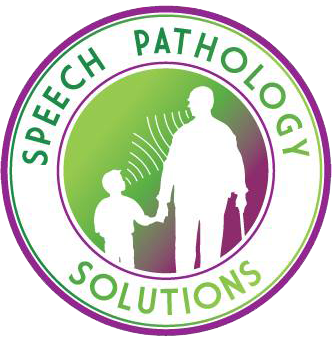serving Monmouth, Ocean and Atlantic Counties
Receptive / Expressive Language Delay / Autism
quality speech language services
Receptive language delay refers to a difficulty understanding language, while expressive language delay refers to a difficulty expressing language. Children with receptive language delays may have trouble following directions or understanding what is being said to them. On the other hand, children with expressive language delays may have difficulty using words to express their thoughts and needs. Children with autism may experience either or both receptive and expressive language delays. Speech therapy can help children with autism improve their language skills by providing structured and focused practice with language tasks, such as following directions, answering questions, or using words to express their needs.



who we help
Browse our services by age group, and learn more about how we can help you according to your individual needs.
frequently asked questions
There are many potential causes of receptive and expressive language delays. Some possible causes include hearing loss, autism, intellectual disability, and developmental disorders such as Down Syndrome. Additionally, a lack of exposure to language in the environment can also lead to language delays.
Receptive and expressive language delays are usually diagnosed by a speech-language pathologist (SLP) or a pediatrician. The SLP will likely conduct a language assessment to evaluate a child's understanding and use of language. The pediatrician may also conduct hearing tests and other evaluations to rule out other potential causes of the language delay.
There are many ways to help children with receptive and expressive language delays. Some strategies that may be used include speech and language therapy, teaching sign language, and providing opportunities for the child to interact with others and practice their language skills. Additionally, providing a stimulating and nurturing language-rich environment can also be beneficial.
It is important to note that every child is unique, and what works for one child may not work for another. Therefore, a personalized approach that takes into account the specific needs of the child is often most effective. Additionally, close communication and collaboration between the parents, the child's healthcare providers, and the educators is crucial for success.
Individuals with autism may experience a wide range of speech and language challenges, including difficulty with expressive language (the ability to use language to communicate), receptive language (the ability to understand language), and social communication. Common speech and language challenges in individuals with autism may include delayed or absent speech, difficulty with using and understanding pronouns, difficulty with initiating and maintaining conversations, and difficulty with understanding and using nonverbal communication.
Speech therapy can help individuals with autism improve their communication skills in a variety of ways. Speech therapists can work with individuals on specific speech and language skills, such as articulation (the way words are formed), expressive language, and receptive language. They can also work on social communication skills, such as initiating and maintaining conversations, understanding and using nonverbal communication, and understanding and using pronouns. Speech therapists may also use a variety of techniques, such as applied behavior analysis (ABA), to help individuals with autism improve their communication skills.
The frequency of speech therapy for individuals with autism will vary depending on the individual's needs and goals. Typically, speech therapy sessions are scheduled on a weekly basis. However, the frequency of therapy may be increased or decreased depending on the individual's progress and the therapist's recommendations. It's important to work closely with a speech therapist to determine the appropriate frequency of therapy for an individual with autism.
When looking for a speech therapist for your child with autism, it's important to find a therapist who has experience and training in working with individuals on the autism spectrum. Look for a therapist who is certified by the American Speech-Language-Hearing Association (ASHA) or a similar professional organization. Additionally, it's important to find a therapist who is able to work closely with your child's other healthcare providers.
insurances accepted





be the best version of yourself -
we'll help you along the way

gain confidence to speak with ease

showcase real academic abilities

connect deeply & genuinely with others

reclaim lost skills & independence



